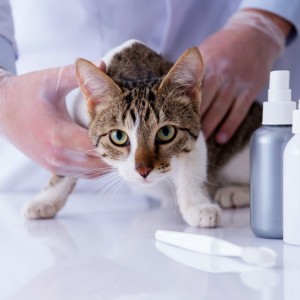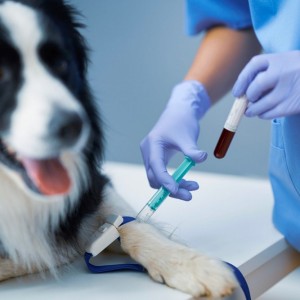Acute phase proteins in cats: diagnostic and prognostic role, future directions, analytical challenges
While clinical studies on acute phase proteins (APPs) have significantly increased in the last decade, and most commercial labs are now offering major APPs in their biochemical profiles, APP testing has not been widely adopted by veterinary clinical pathologists and veterinarians.
Measurement of APP concentration is a useful marker for detecting the presence or absence of inflammation in cats with various diseases. APPs can also be reliably measured in different biological fluids (e.g., effusions and urine) to improve their diagnostic utility.
Measuring APPs can be extremely beneficial in cats with feline infectious peritonitis (FIP) to discriminate between FIP and non-FIP cats with similar clinical presentations. Additional benefits come from multiple and sequential measurements of APPs, particularly in the assessment of therapeutic efficacy.
APPs are more sensitive than WBC counts for early detection of inflammation and to demonstrate an early remission or recurrence of the diseases. Given the potential utility of APPs, more studies are warranted, with a particular focus on the applications of APPs to guide the length of antimicrobial therapies, as suggested by the antimicrobial stewardship policy.
New inflammatory markers have been discovered in human medicine, with a higher specificity for distinguishing between septic versus nonseptic inflammatory diseases. It is desirable that these new markers be investigated in veterinary medicine, to further assess the power of APPs in diagnostic setting.
Gabriele Rossi. “Acute phase proteins in cats: Diagnostic and prognostic role, future directions, and analytical challenges.” Vet Clin Pathol. 2023 Feb; 52 Suppl 1:37-49. doi: 10.1111/vcp.13238.













List
Add
Please enter a comment